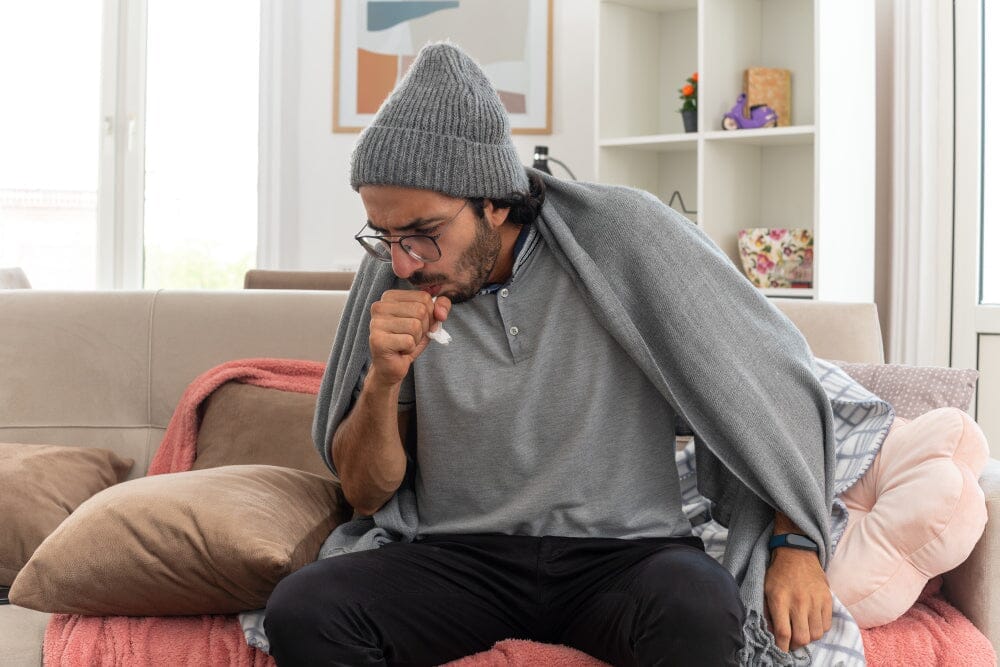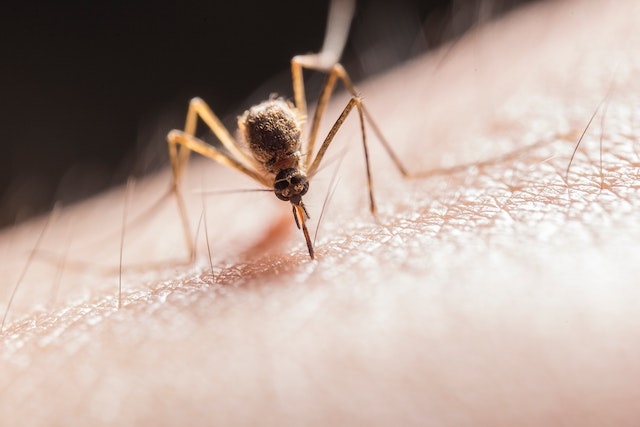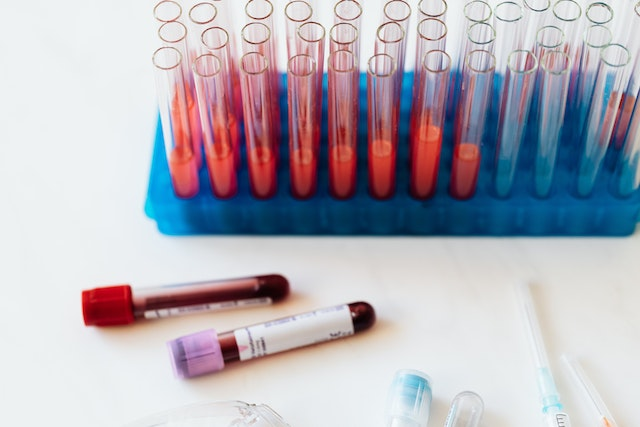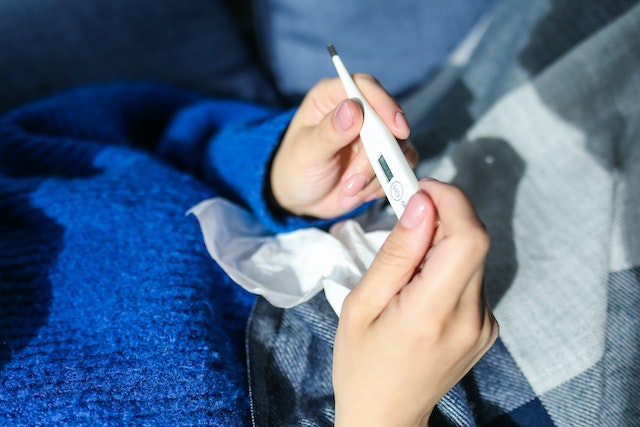
Dengue fever testing and understanding your dengue test report
Time to read 5 min
Time to read 5 min
The dengue virus is a critical mosquito-borne infection that can spread through the biting of a mosquito. It is recommended to get tested immediately, as you start to experience the symptoms of the infection. The dengue test report should show whether you have the virus or not, along with critical details about the serotype information.
The diagnosis of dengue virus in the laboratory can be done through a blood test. To diagnose dengue successfully, a sample of the blood is drawn to check for antibodies. After the onset of symptoms it is recommended to get tested immediately, and to not take the condition lightly.
Since dengue can be critical for many individuals, the test can detect the virus via IgM antibody test. While symptoms may be escalating over time, it is important to get tested on time. A dengue hemorrhagic fever can happen to the person with the virus, which is a serious condition.
What's also key to understand is that the test is used to detect the dengue infection within a few days after the onset of symptoms. That's why it is recommended to get multiple tests done so that you are sure about why you are getting symptoms like vomiting, fever, body aches, etc.
For a complete diagnosis of dengue, you will need to get the NS1, Immunoglobulin G/ Immunoglobulin M test, or RT-PCR test done. Doctors may also suggest that you get multiple tests done to rule out false positive or non-applicable results.
The dengue NS1 antigen test checks for the presence of the dengue virus in the blood. It can generally be performed within the first 5-6 days of the onset of the virus, and is a reliable indicator of the presence of the virus.
In the event of acute infection, the antibodies produced by the body can be checked with an IgM antibody test. It can also help in differentiating between the first and second time that you get the virus. You should get the test after a few days of the symptoms on-setting.
You should get the IgG test after a week of infection, as it is a later stage detection test. The levels of IgG rise slowly in the blood and can help in the detection of the dengue virus. The report also takes time to generate, which is why this is a test for later stage infection.
The dengue RNA PCR test is around 90% sensitive and 95% specific, and can detect the virus when performed within 5 days of the symptoms emerging. You can confirm the presence of the virus, as well as identify the exact serotype as well.
Your doctor will also recommend that you get your blood platelet counts checked as a part of a complete blood health report. Your WBC and platelet counts will be critical to track, as you begin to recover from the infection.
It is important to understand the test results from IgM and IgG testing, so that you know your risk profile of dengue over time.
This indicates that you have the dengue virus currently. This is a current viral infection indicator, and you should start medication immediately.
This indicates that you currently have dengue, and are experiencing the symptoms of it at the moment. This test indicates the presence of the virus, and should be used to track recovery over time.
There could be a recent exposure to the infection, especially if there is a 4-fold increase in samples taken weeks apart. You should consult with your doctor about hospitalization and treatment immediately.
This test can show a past infection which may have occurred previously. An infection may have happened in the past, which is showing up in the test result. That's why it is important to inform your doctor if you have previously had dengue.
In this case, the infection could have just happened, making it too soon to diagnose dengue. You should get another test done after a few days to get clarity, especially if you are beginning to experience symptoms.
You should know the major symptoms of dengue so that you are prepared to take the right steps at the right time. You can also track these symptoms to check if they escalate in intensity over time.
A strong fever at around 103-104 degrees F, is a clear sign that you can have dengue. This is one of the first few tests that are performed when you have a high fever, so that you can be sure about your infection status.
Getting rashes, along with body pain, is another critical symptom of dengue that you should be careful of. You should get tested when you start to experience this symptom as it could be a sign of dengue.
Weakness to the point of being bed bound, is a critical sign that you may have dengue. If you have been in bed for a few days, then you should get tested immediately.
If you find blood in your urine, stool, or vomit, then you should get a test for dengue done. This is especially important if you also suspect that you were bitten by a mosquito recently.
You can start to experience the symptoms of dengue within a few days, with fever building up. This is the right time to get a test done, especially if you are also feeling weak and are unable to go about your daily routine.
The sample is collected from the vein in the arm of the individual being tested. It is a nearly pain-free process, and multiple tests can be performed to track the infection over time.
No special preparations are required for the dengue test.
Yes, checking for kidney performance is also important to track dehydration which can occur when you are ill.
Symptoms disappearing are not a reliable indicator that your virus has gone as well. You need to get tested repeatedly to know if you have the virus or not. These symptoms can also come back in different forms.
No, the virus can only spread from a mosquito bite and can't be spread from air contact.
Yes, you may not have developed immunity to the specific serotype of the other virus. It is possible to get dengue multiple times.
Yes, for complete confirmation your doctor may recommend a dengue RTPCR test. This can help provide confirmation as well.
* Medical Disclaimer - The following information is for educational purposes only. No information provided on this website, including text, graphic, and images, are intended as substitutes for professional medical advice. Please consult with your doctor about specific medical advice pertaining to your condition(s).



